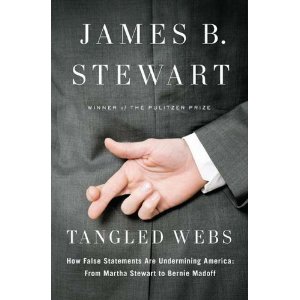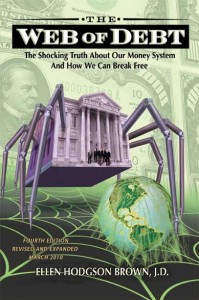
Charles Pierce
“Idiot America” is great, informative book about concepts we see everyday. Also, many of the 1-star reviews are likely biased because of some of the political and religious topics noted. I think this book is definitely a full, 5-star book.
The Following comments aren't meant to be particularly negative towards the United States and the concepts in this book aren't exclusive to the USA. The concepts in “idiot America” exist all over the entire world. “Idiot America” is a superbly covered account of something that's very prevalent in the US.
Charles Pierce provides the history of “cranks” (con artists and showmen) from the founding of the nation to current examples today in contemporary America. I focused on TV and Radio because of it's widespread impact on the populace today (even in the age of the growing Internet, which is becoming dominant). Much of TV and Talk Radio promote misinformation based on emotion, histrionics, shock, being loud, and over-the-top attempts to get ratings.
The author notes “The 3 Great Premises: and applies them to many instances in this book:
1. Any theory is valid if it moves units (rating, and making money).
2. Anything can be true if it is said loudly enough.
3. Fact is what enough people believe (the Truth is what you believe).
There are many examples in this book. Here are just a few:






